Kentucky Basketball reportedly derailed SEC's plans to cap NIL spending per sport
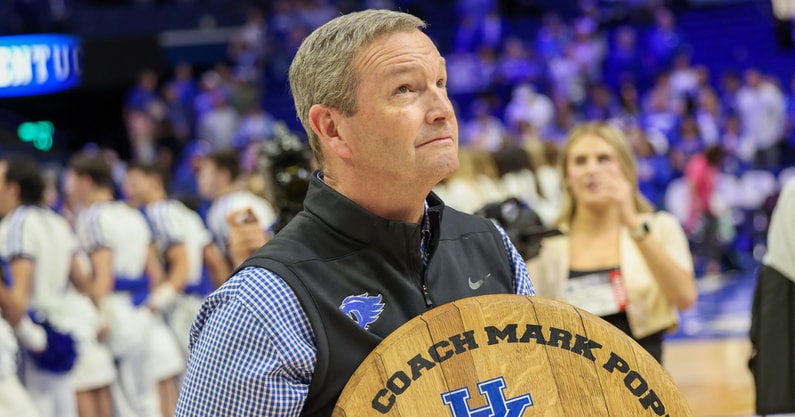
Revenue sharing is coming to college sports on July 1, as long as the House Settlement is approved by a federal judge this month. That means that for the 2025-26 season, schools can divvy up a maximum of $20.5 million across all their sports. According to the biggest sports business insider, the SEC planned to put spending caps on each sport, specifically limiting men’s basketball to around $3 million, but Kentucky led the charge against it.
Ross Dellenger of Yahoo Sports was a guest on The Matt Jones Show this week and told Matt that the SEC wanted to set standards for each sport to create an even playing field once the new rev-share rules take effect. For football, the biggest revenue generator for all schools, even Kentucky, that figure was at least $13.5 million. Dellenger recalled the number for men’s basketball being around $2.8 million; that didn’t sit well with the conference’s biggest basketball blueblood, which was rumored to have spent upwards of $15 million on its roster this offseason.
“You’re not going to be surprised by this, but Kentucky did not — and some others too — but Kentucky Basketball specifically was a pretty big voice in the room to make sure that those standards weren’t set as a policy because Kentucky, obviously, wants to spend more [in basketball].”
Dellenger used South Carolina women’s basketball and Arkansas and LSU baseball as examples of other programs that didn’t want caps. There was so much dissent that the plans were shelved — for now.
“It wasn’t just Kentucky that wanted to spend more in basketball, so it raised concerns about the standards that the SEC was talking about setting…There were plenty of programs that wanted to spend more than the sort of maximum standards that the SEC was talking about doing.
“And so they kind of bailed on it for now. And I’ve quoted [SEC Commissioner] Greg Sankey in a story or two about that, about how they could come back to that, and that’s still a discussion topic, so that everybody would be on more of an even playing field.”
We don’t know how Kentucky will distribute its $20.5 million, but some schools have shared their plans. Georgia is planning to give 75% of its allotment ($15.375 million) to football, 15% ($3.075 million) to men’s basketball, 5% ($1.025 million) to women’s basketball, and the remaining 5% ($1.025 million) split across the remaining sports. Texas Tech will give 74% to football, 17% to 18% to men’s basketball, 2% to women’s basketball, 1.8% to baseball, and the rest to other sports.
At the SEC spring meetings last month, Mitch Barnhart told the Courier-Journal that Kentucky’s totals could change per year based on what each sports team needs; however, inevitably, only three or four teams will get the biggest pieces of the pie, leading to some tough decisions within the athletic department.
Top 10
- 1New
Jim Harbaugh sued
Warde Manuel also named in lawsuit
- 2
Ty Simpson
'Coach Saban's not going to walk in'
- 3Hot
Top 25
EA Sports CFB 26 rankings
- 4
Big 12 Conference
Ends preseason media poll
- 5Trending
2025 MLB Mock Draft
New No. 1 overall, big shakeup
Get the On3 Top 10 to your inbox every morning
By clicking "Subscribe to Newsletter", I agree to On3's Privacy Notice, Terms, and use of my personal information described therein.
“You’re not gonna be able to do that beyond like three or four sports — maybe beyond two sports,” Dellenger said. “You’re not gonna be able to do it; it’s gonna be hard.”
Of course, not everyone is going to be happy with their new budgets. In Kentucky’s case, men’s basketball will get more than it would at other schools, which could eat into football’s share. Dellenger said he expects some coaches to air their grievances publicly.
“I think some of those could be fights that are taken publicly at press conferences. You can imagine in a football game, and I’m just throwing out random SEC teams, if Kentucky loses to Auburn in a football game, you can see maybe Kentucky’s coach just casually mentioning in the post-game news conference that Auburn pays its football roster $4 million more than we do.”
“That’s why the SEC had spent so much time on having the maximum sort of standard of rev-share per sport, but again, it was kind of derailed. And so now, it’s kind of anything you want.”
The next few years of college sports will be anything but boring. You can hear Matt and Dellenger’s complete conversation below.
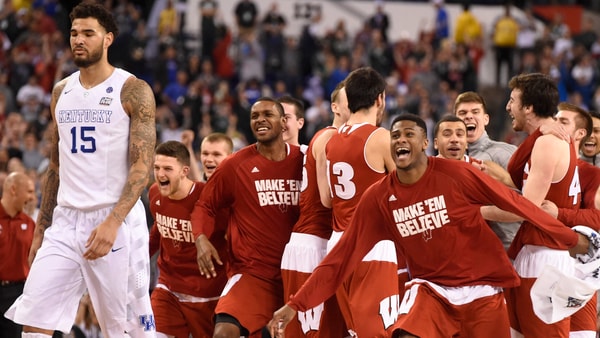
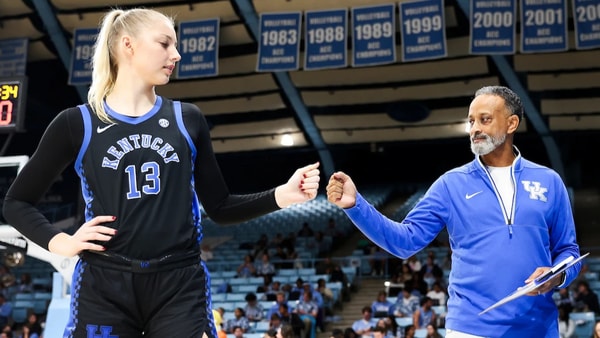



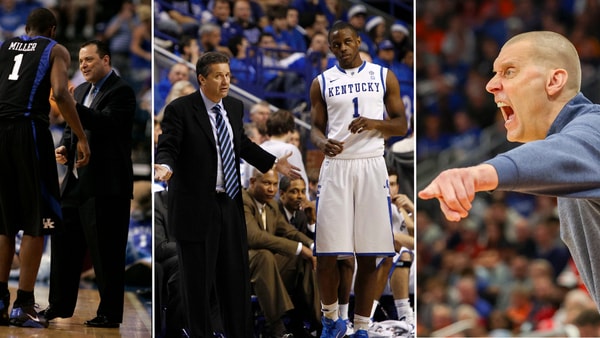
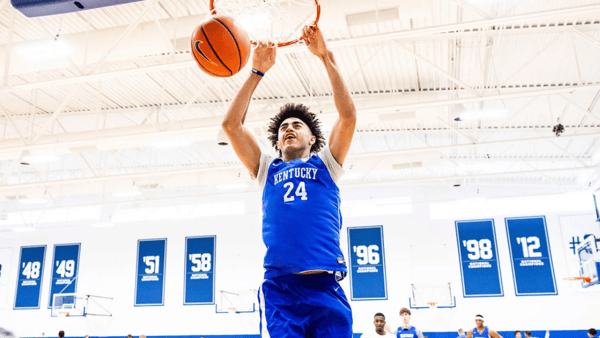
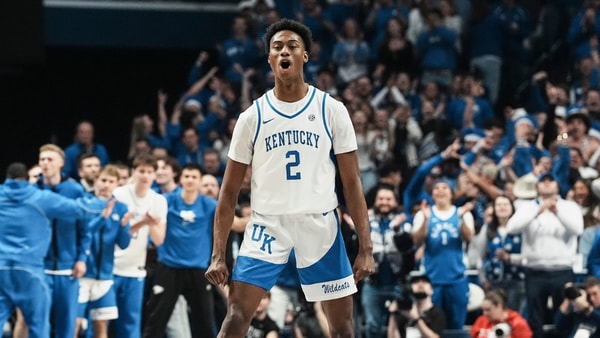
Discuss This Article
Comments have moved.
Join the conversation and talk about this article and all things Kentucky Sports in the new KSR Message Board.
KSBoard